


According to studies, one in three Americans doesn’t get enough sleep or are insomniacs. The daily chores have made our sleep take a back seat and rest. But nothing to be tense about as, luckily, we have the best CBT Insomnia Apps for you to be proactive and regulate your sleep hygiene without making many changes.
| 5 Best CBT Insomnia Apps | Why we chose it | App Store Rating |
| ShutEye® | Best Overall | 4.7/5 |
| Calm | Best Meditation | 4.8/5 |
| Sleep Genius | Best Technology | 4.1/5 |
| Pzizz | Best Sleep Guide | 4.8/5 |
| Sleep Sound | Best Melody | – |
Chronic insomnia is a poor sleeping disorder affecting nearly 10 to 15 percent of adults presently, and nearly 25 percent suffer from acute insomnia—days of inadequate sleep lead to frustration, dizziness, and migraine.
As we are living in the era of technology, how can you think that it can lag behind in this matter? So, with more and more people becoming Insomniac, the trend of CBT insomnia Apps is also increasing by many folds.
These Apps have incorporated various technologies to not only monitor your sleep pattern but also help you kick back and catch the peaceful zzzs.
The effectiveness of CBT Insomnia Apps can be well justified by the fact that the American College of Physicians claims Cognitive Behavioral Therapy for insomnia CBT to be the first-line treatment.
But the problem comes when there are hundreds of thousands of different CBT insomnia apps in the global store, and finding the legit app is only possible for those born with the silver spoon.
So, after fishing about and doing detailed research, we ended up with the following list of the five best CBT apps to help with insomnia.
Now, let’s blow by blow, move into the details of each one separately.
If you persistently have trouble sleeping, and a peaceful sleep has become a blue moon for you, then the ShutEye app® got your back.
Providing the 90th percentile, the ShutEye App uses an artificial intelligence algorithm to detect your sleeping time, the time taken to sleep, and the patterns you opted for.
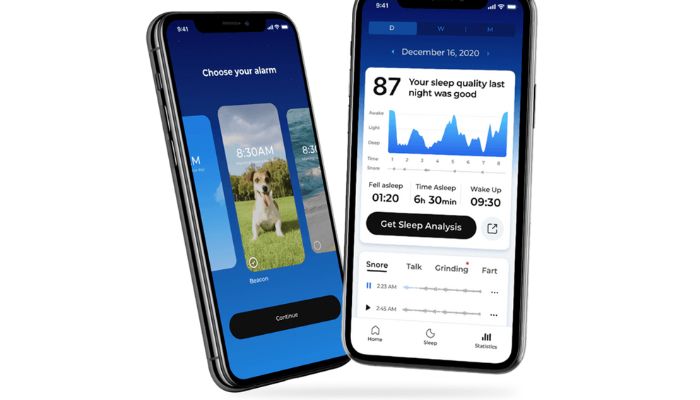
A few features that make ShutEye mobile app as one of the best CBT Insomnia Apps are:
The prime feature is the sleep tracker that eyes on your sleep, voices, and movements you make during sleep, analyzes the data, and displays the whole in the form of graphs and recorded voices.
Moreover, it comes with white noise that not only blocks the disruptive sounds but has a library of mind-soothing sounds and tracks that will help you sleep faster, like the sound of a clock’s ticking, and chirping sound. These all act as sleep aids.
Apart from that, various other features like a smart alarm, dream analysis, personal coach, and guided prescriptions act as a cherry on the top.
CBT I Treatment Program
Apart from the features described above, another perk you enjoy while using the ShutEye app is its 3-week CBT I sleep plan with 8 min daily time. This plan guides you through the routine of positive sleep and provides structured strategies to alleviate symptoms of Insomnia.
In this plan
And the best part is that you aren’t forced to follow a CBT I plan previously designed. Instead, a new personalized plan will be made just for you.
Where most of the apps are either available on Android or iOS phones, the CBT Insomnia App is present in both. The basic version of the ShutEye app is available for free.
However, to unlock all the features of this app, you need to buy a premium version that provides you with quality sleep at only $59.99 annually. What can be a better bet?
The second CBT Insomnia App that acts like the avatar of a real therapist is Calm.
Acting as a meditation App, Calm provides various sections focusing on guided and unguided meditation. Where most apps focus on religious or spiritual methods, Calm uses mindfulness-based stress reduction.
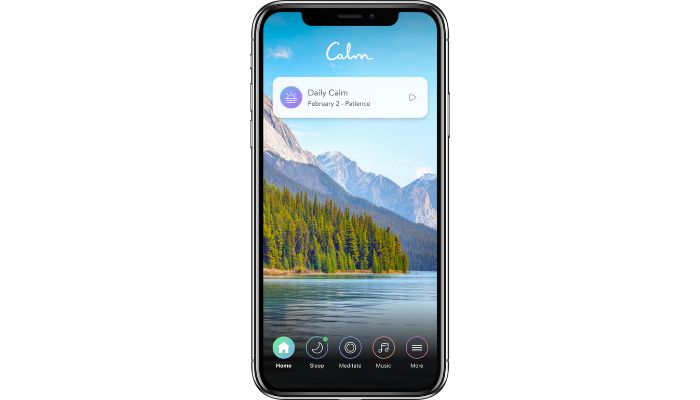
A few features that this CBT Insomnia App provides you with are:
In this section, different meditation sessions like “PANIC SOS”, and “CALMING FIGHT ANXIETY” are given by speakers. These sessions focus on work, stress, and anxiety, resulting in the betterment of Insomnia symptoms.
Interestingly, the NIH has also proved that meditation results in the reduction of insomnia.
Additionally, a section on fiction, naps, and sensory meridian responses is available to help settle the person’s mind. In fact, 97% of the children sleeping patterns improved by listening to it.
In addition to that, check-ins, yoga, and breathing exercises are also available.
It comes in both paid and free versions. So, to avail all the features, opt for the paid version that comes with free pricing plans:
Next in the line of CBT INSOMNIA APPS comes Sleep Genius. Its algorithm aids you to sleep with the power of science. Developed by NASA scientists, it comes with the following perks:
The subscription to Sleep Genius comes for $4.99. So, buy it, and enjoy dozing.
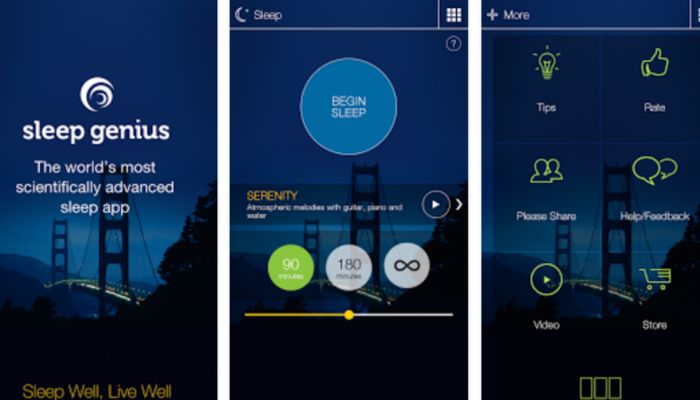
Pzizz is undoubtedly one of the best CBT INSOMNIA apps that provides you with ways to improve and regulate your sleeping pattern, insomnia symptoms and a sleep guide.
It plays during the entire length of your sleep session and claims to have:
What can be better proof of its efficiency than the report in which the NHS recommends it as the best CBT app to overcome insomnia?
Pzizz comes in both free and paid versions. However, the paid version comes with some extra features and perks to enjoy with. The paid costs:
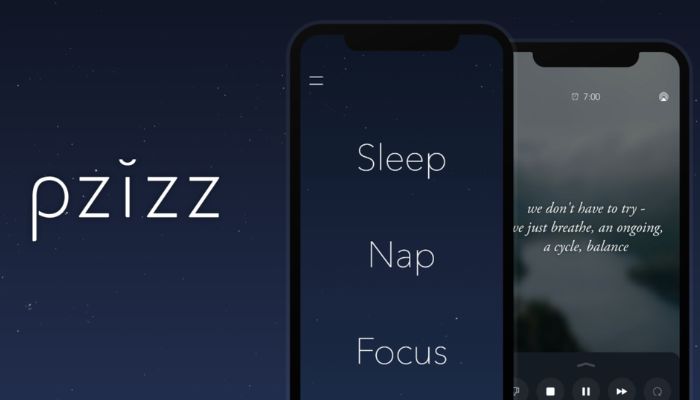
Last but not least comes the relaxation melodies App, whose plus point is that it comes free.
It works by combining several sounds of brain wavelength and pitch under guided meditation to help you lull, unwind, and enjoy the ease of sleep.
Moreover, it has:
And this ends the list of best CBT Insomnia Apps to buy. Undoubtedly, these apps are helping people all over the world to overcome insomnia and related issues. So, why shouldn’t you also take the most out of it?
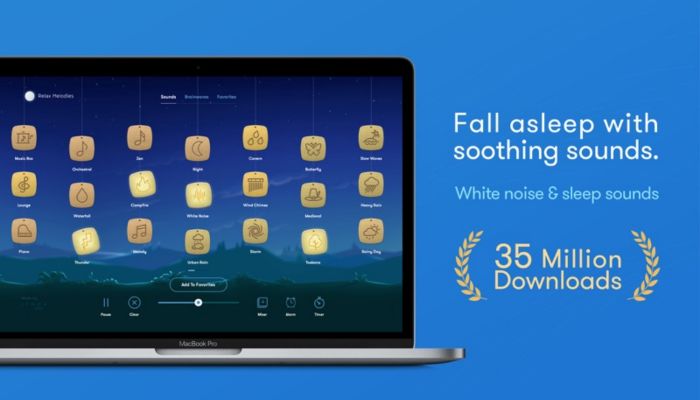
CBT-i Coach app is designed to assist individuals who are undergoing Cognitive Behavioral Insomnia Therapy (CBT-i) and working with a healthcare professional. This app offers a structured program that teaches proven strategies for improving sleep and managing insomnia symptoms.
The goal of CBT-i Coach is to educate users about sleep, establish positive sleep routines, and create a sleep-friendly environment. While it can be used independently, it is intended to complement face-to-face care with a healthcare provider and not to replace necessary therapy.
Developed in collaboration between VA’s National Center for PTSD, Stanford School of Medicine, and DoD’s National Center for Telehealth and Technology, CBT-i Coach is based on the therapy manual, Cognitive Behavioral Therapy for Insomnia in Veterans.
There is no second thought that these CBT apps are very much effective in overcoming and dealing with insomnia.
With this, our topic of concern reaches its end. Now it’s your turn to brace up, choose among these best CBT Insomnia Apps.
Luik, A. I., Kyle, S. D., & Espie, C. A. (2017). Digital Cognitive Behavioral Therapy (dCBT) for Insomnia: a State-of-the-Science Review. Current sleep medicine reports, 3(2), 48–56. https://doi.org/10.1007/s40675-017-0065-4
National Heart, Blood and Lung Institute (2022) What Are Sleep Deprivation and Deficiency? [online]. Available at: https://www.nhlbi.nih.gov/health/sleep-deprivation
Puzia, M., Laird, B., Green, J., & Huberty, J. (2020). Parents' perceptions of their children's engagement in a consumer-based meditation mobile app: Cross-sectional survey study. JMIR pediatrics and parenting, 3(2), e24536. https://doi.org/10.2196/24536